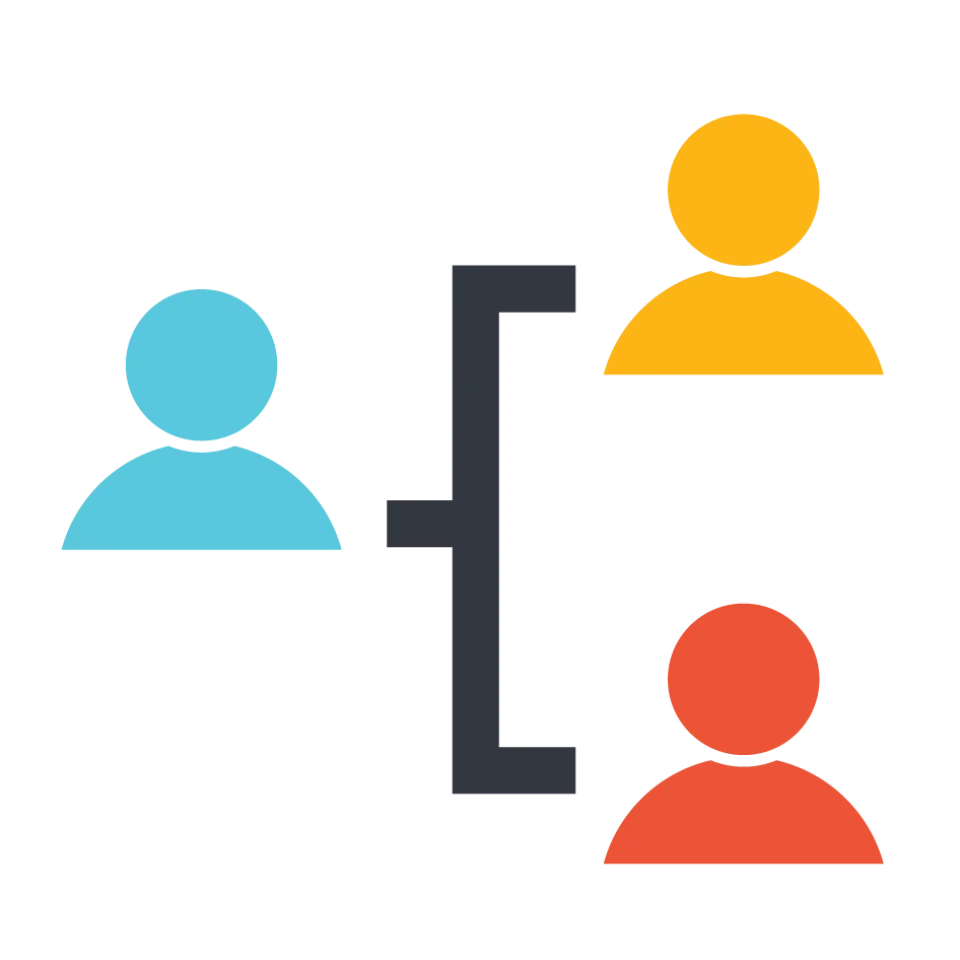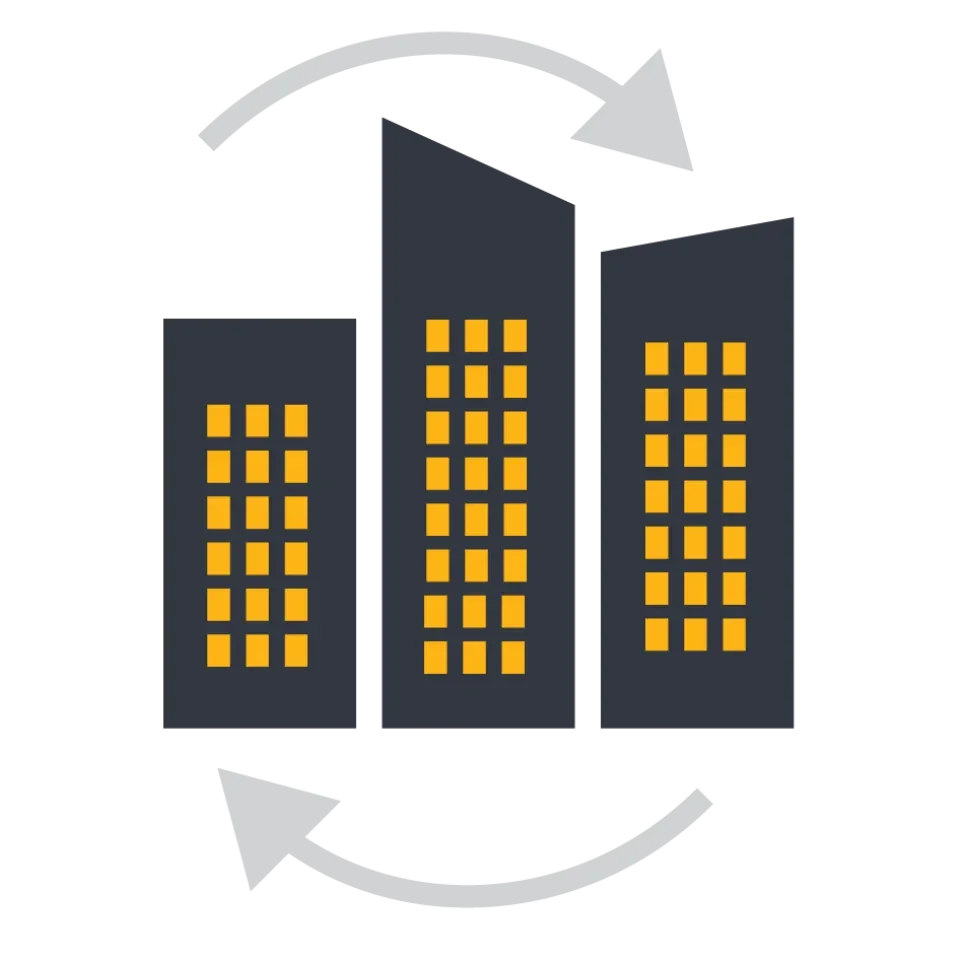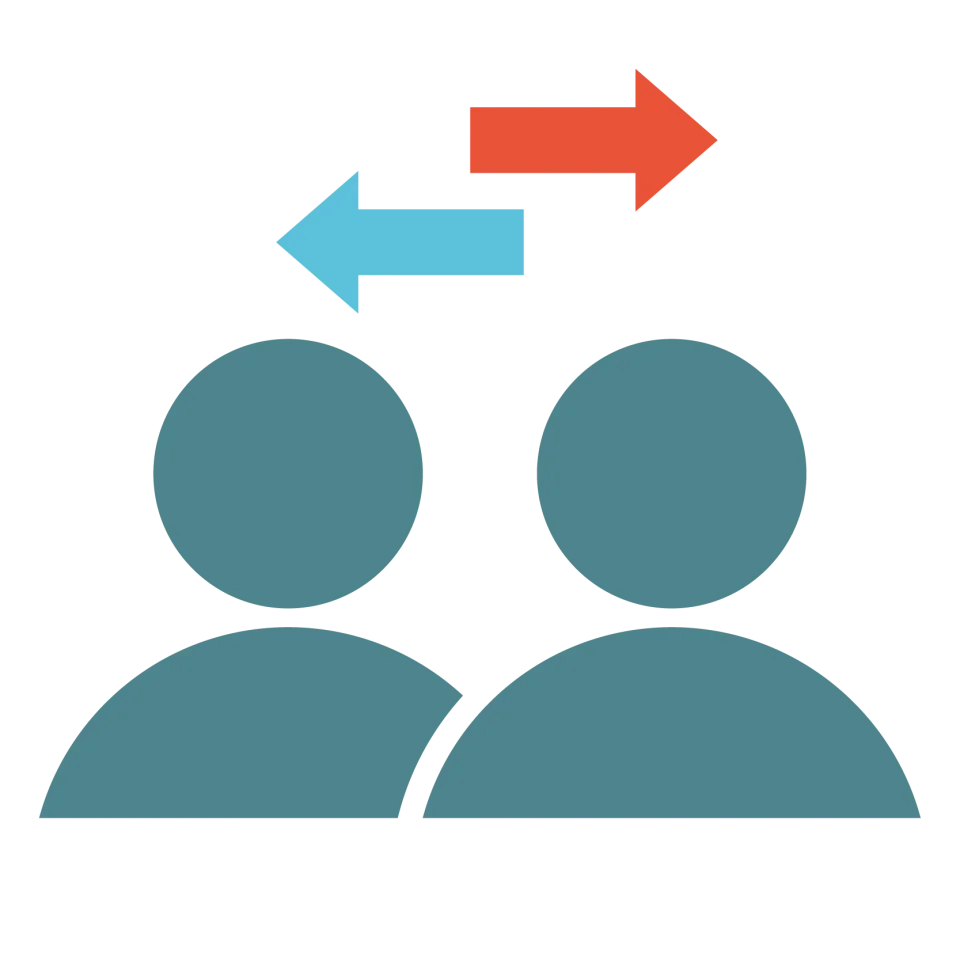
Phase 1: Working with Teachers
In this phase the project team, with expertise in embodied cognition and science education, will work with teachers in the participating schools to discuss strand units / concepts that they would like to address during the project. The teachers will attend 2 X 1 day workshops in their schools. During these workshops the teachers will engage with tasks that will support them in understanding (from pre-prepared aide-memoires) how to construct embodied cognition experiences for children. Within this domain, specifics such as interpreting Science skills and concepts through embodied cognition which include the use of gesture (gross and fine motor skills for example), body (trunk), limb movements, full body movement in space, facial expression (to include role of drama), olfactory cues, auditory cues, haptic cues and peer / parent collaborative exercises (based on the aforementioned). The teachers will also engage with related science inquiries.




